Happy 40th anniversary to the first game in the King’s Quest series, one of the first graphical adventure games, and where Sierra really made their name.
This game also kicked off the Adventure Game Interpreter (AGI) engine, which Sierra used for many games. Wikipedia says: They employed it in 14 of their games between 1984 and 1989, before replacing it with a more sophisticated engine, Sierra’s Creative Interpreter. There’s no Wikipedia article for the SCI engine, but I know it was used in Phantasmagoria and Shivers, here is the ScummVM wiki page for SCI instead.
Wikipedia Synopsis

King’s Quest: Quest for the Crown is an adventure game developed by Sierra On-Line and published originally for the IBM PCjr in 1984 and later for several other systems between 1984 and 1989. The game was originally titled King’s Quest; the subtitle was added to the games box art in the 1987 re-release, but did not appear in the game.
It is the first official part of the long King’s Quest series (not counting 1980’s Wizard and the Princess), in which a young knight, Sir Graham, must save the Kingdom of Daventry to become the king. Designed by Roberta Williams, the game was revolutionary and highly influential in the evolution of the graphic adventure game genre by introducing more detailed graphics and animation.
An official remake titled King’s Quest I: Quest for the Crown was released in 1990. An unofficial remake was released by Tierra Entertainment in 2001.
Videos
Space Quest Historian - King’s Quest: A Fair and Balanced Retrospective
Power Pak - King’s Quest - The First Adventure
Links
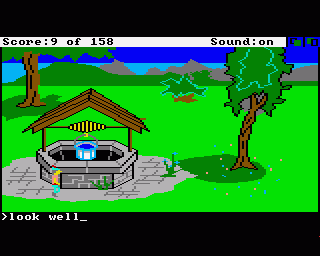
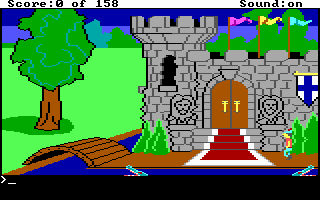
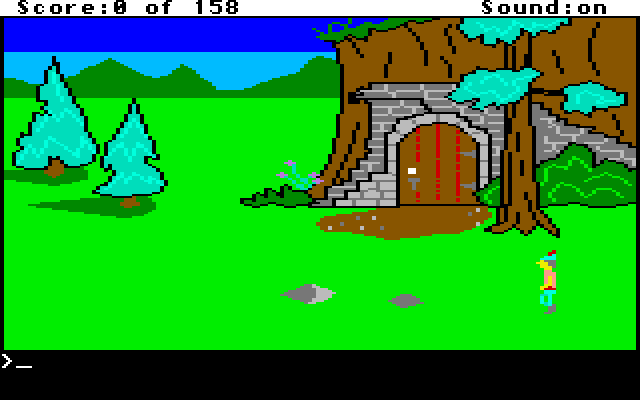
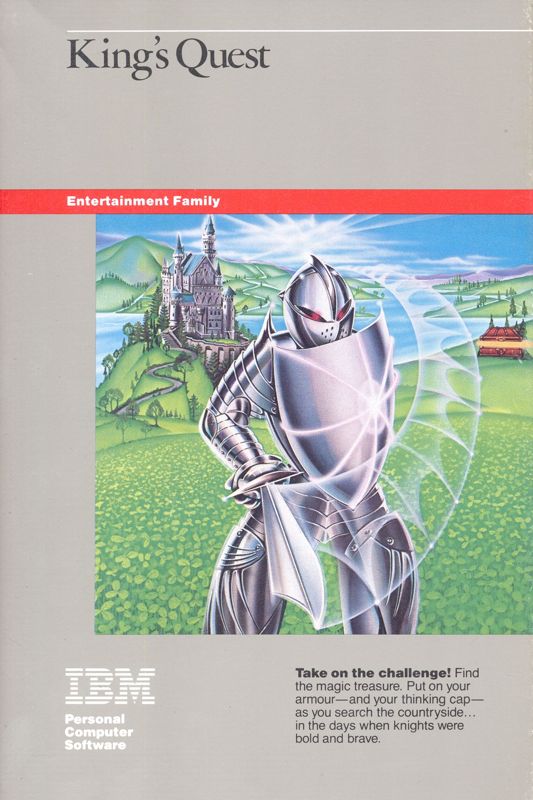
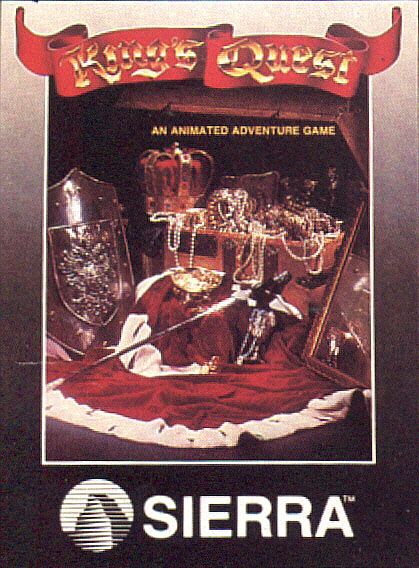
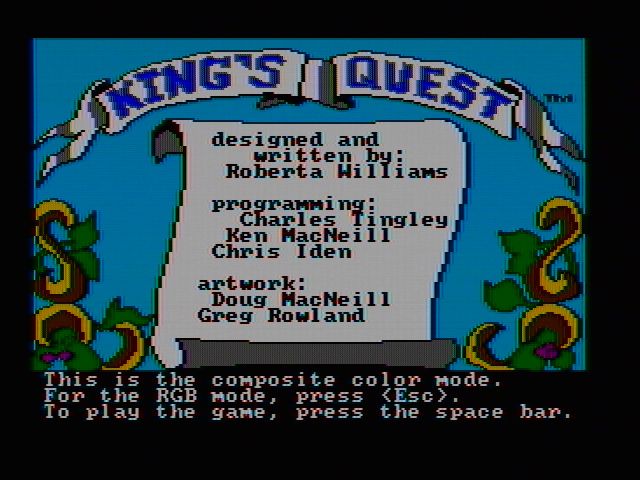
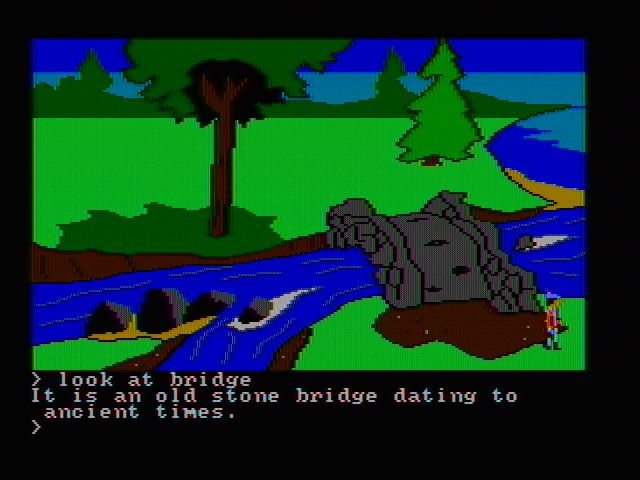
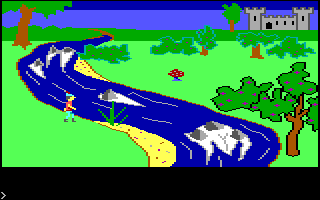
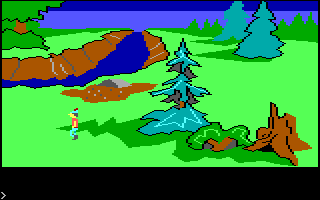
About !retrostatus@retrolemmy.com
This is the first post in this brand new community for big milestone anniversaries of retro games (15 years or older, every multiple of 5 years). See our sidebar for more info and resources for making your own posts here.

That was the first computer game I was ever gifted, and the copy protection made it not want to boot.
So I’d leave it trying to boot and after a half hour or so it’d load.
There were multiple solutions to every problem and a completely nonviolent ending.
On one screen you’d have to hide behind a tree and wait a few minutes for the giant or ogre to fall asleep so you could take what he had or sneak past. If course the only alternative there was violence.
There were also totally obvious puzzles as the screen drew slowly enough for you to see the hole before the rock you could move was drawn ontop of it.